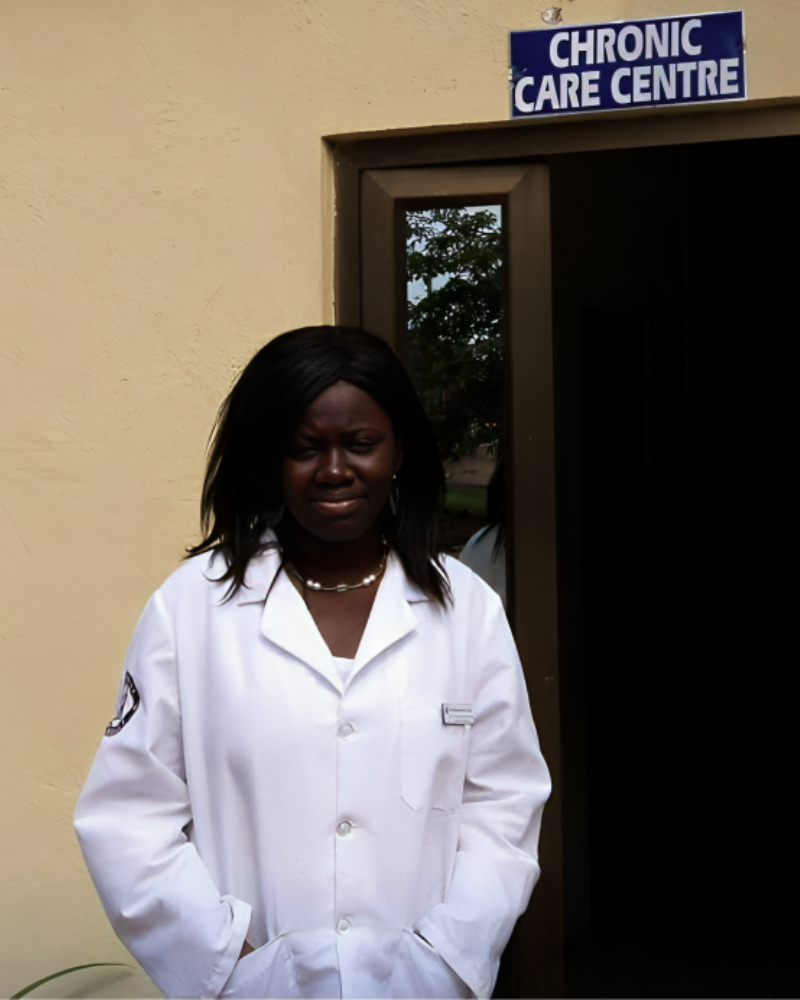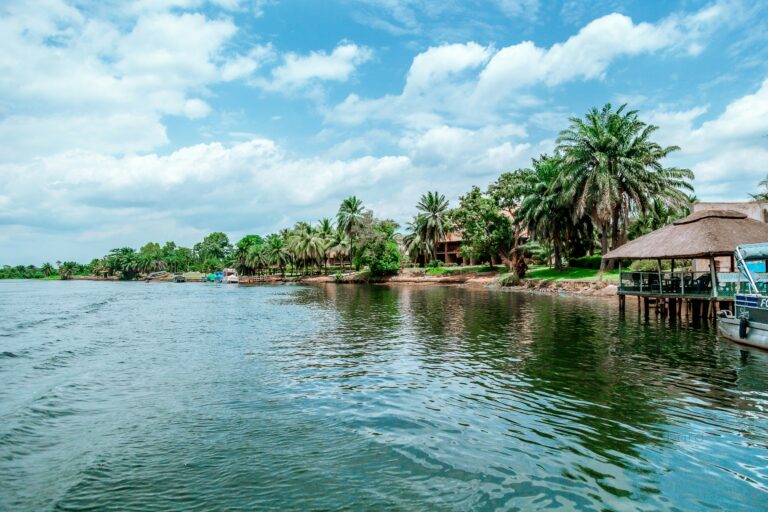The Winslow Foundation
A 501C Virginia-based international NGO.
Our Team

Ann Araba Sam
Executive Director
Ann Araba Sam is dedicated to fostering unique talents and impacting quality training, and comprehension educational experiences to the most disadvantaged and victimized in Ghana.

John Borketey Bortey
Project Manager
Born and raised in Ghana, John obtained his Master’s in Agribusiness Management in Italy and is passionate about positively impacting school-age candidates in marginalized societies.

Olivia Konamah Benneh
Operational Mananger
Olivia’s humble beginning and personal deep encounter with marginalization give her unyielding support in Winslow’s vision and mission to help and support the less privileged in our society.

Madeleine Mensah
Chief Financial Officer
Born and raised in Accra, Ghana, Madeleine Mensah, a dynamic and self-motivated young woman, has carved a niche for herself through a journey marked by resilience and dedication
Actionable Program: "Rural Education Empowerment Initiative"

Goal: Empower and uplift disadvantaged, victimized, and marginalized school-age children in rural Ghana by providing comprehensive educational opportunities, resources, and infrastructure.
Target Audience: Children from disadvantaged and marginalized communities in rural Ghana, with a focus on those facing poverty and limited educational opportunities.
Timeline: Implement the program over a five-year period, with ongoing assessments and adjustments.
Budget: Allocate funds for infrastructure development, educational resources, teacher training, and scholarship programs. Seek partnerships and sponsorships from corporate entities and philanthropic organizations.
Key Stakeholders:
- Local communities and leaders
- Other NGOs and charitable organizations
- Government education departments
- Teachers and educators
- Parents and guardians
- Corporate partners for funding and support
Steps to Implementation:
- Community Assessment and Outreach: Conduct a thorough assessment of target communities to understand specific needs and challenges. Engage with local leaders and communities to build trust and collaboration.
- Resource Mobilization: Develop partnerships with NGOs, government agencies, and corporate sponsors to secure financial and material resources.
- Infrastructure Development: Build libraries, schools, welcome centers, and other necessary facilities in identified communities. Ensure infrastructure is sustainable and accessible.
- Educational Programs: Establish comprehensive educational programs from kindergarten to secondary and beyond. Provide essential skills training alongside traditional education.
- Scholarship Programs: Design and implement scholarship programs for students from disadvantaged backgrounds. Include provisions for covering tuition, books, uniforms, and other school-related expenses.
- Teacher Training and Development: Conduct training programs for teachers to enhance their skills and teaching methodologies. Address specific challenges related to rural education.
- Community Empowerment Initiatives: Organize workshops and awareness campaigns to inspire and educate communities about the importance of quality education. Address issues such as gender disparities, cultural barriers, and accessibility.
- Monitoring and Evaluation: Establish a monitoring system to track the progress of the program. Regularly evaluate the impact on students, teachers, and communities.
- Continuous Improvement and Adaptation: Use feedback and evaluation results to adapt and improve the program continuously. Adjust strategies based on evolving needs and challenges.
Key Performance Indicators (KPIs):
- Percentage increase in school enrollment in target communities.
- Number of scholarships awarded and success stories of beneficiaries.
- Improvement in academic performance and skills development.
- Community engagement and support metrics.
Reporting: Regularly communicate progress and outcomes to stakeholders through reports, newsletters, and community meetings.
Continuous Improvement: Establish mechanisms for ongoing feedback, learning, and adaptation to ensure sustained positive impact.
By following this program, the initiative aims to break the cycle of limited educational opportunities and create a positive, lasting impact on the lives of disadvantaged children in rural Ghana.
